ODM at a Crossroads: Street Protests or Government Engagement Ahead of 2027
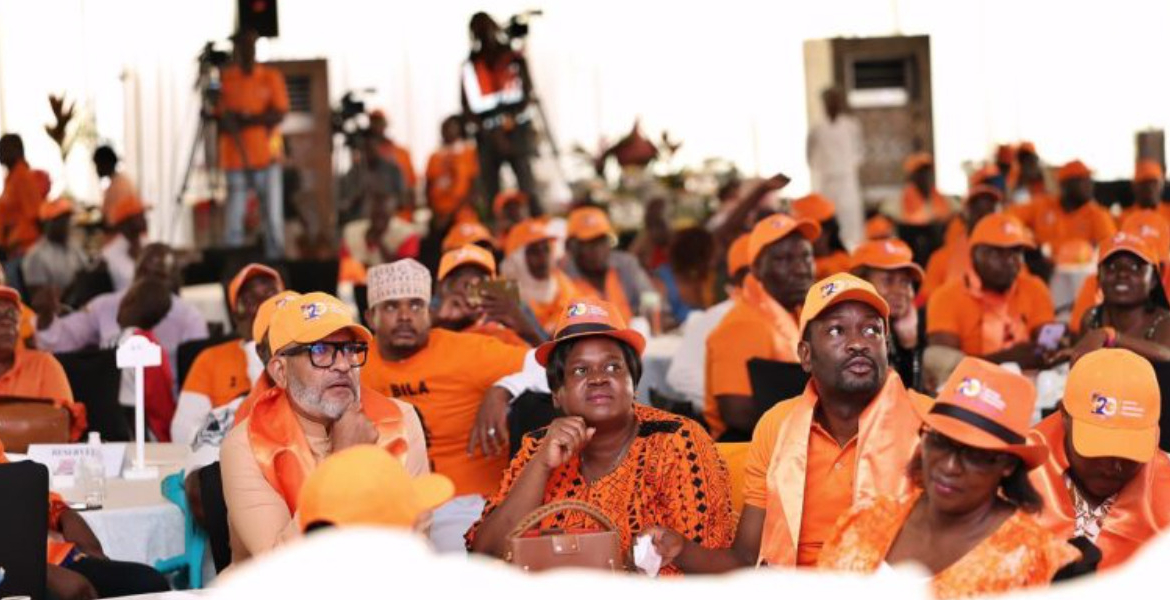
ODM is facing an open dispute over its direction, as senior figures split between returning to confrontational politics and working with President William Ruto’s administration.
The division emerged during the party’s three-day 20th-anniversary events in Mombasa, where the absence of long-time leader Raila Odinga shaped discussions on how ODM should position itself ahead of the 2027 election. With the political landscape shifting after Mr Odinga’s power-sharing arrangement with President Ruto, party leaders offered sharply different views on whether ODM should revive street-based activism or focus on negotiated influence within government.
Siaya Governor James Orengo led calls to restore the party’s protest tradition, warning that ODM risks losing relevance if it distances itself from citizens and abandons the combative style that once defined it. He criticised members who prefer a more cautious approach under the “broad-based” framework and argued that ODM’s parliamentary strength still obliges it to act as the main opposition.
Citing the decline of former liberation movements that weakened their grassroots ties after joining the government, he urged the party not to repeat what he described as familiar historical patterns. His remarks, including references to the death of blogger Albert Ojwang’ in police custody, resonated with delegates worried about ODM’s identity in the current political environment.
Younger leaders echoed these concerns. Embakasi East MP Babu Owino delivered a forceful speech promising renewed street protests if the cost of living, school fees or prices of essential goods continue to rise. However, senior officials who support engagement with the government opposed the push for maandamano.
Acting ODM leader Dr Oburu Oginga argued that the party stands to benefit more from its place in the inclusive arrangement negotiated by Mr Odinga and President Ruto. He cautioned that an overreliance on mobilisation could confine ODM to permanent opposition at a time when it has an opportunity to influence national decisions.
National Treasury Cabinet Secretary John Mbadi backed this view, noting that major political gains in Kenya have historically come through formal negotiation, including constitutional talks. Mombasa Governor Abdulswamad Nassir added that ODM’s participation in government is a legitimate extension of its national role rather than a departure from its principles.
Minority Leader Junet Mohamed called for restraint, urging members to protect party discipline and avoid internal divisions. He warned that turning ideological disagreements into personal factions could weaken ODM as it enters a transition without its founding leader at the forefront.

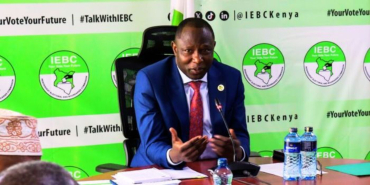
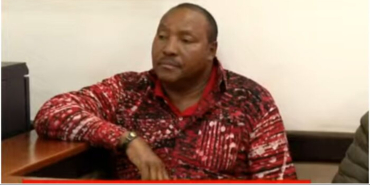
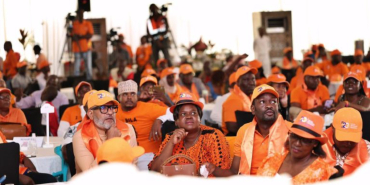

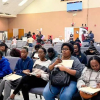


Add new comment